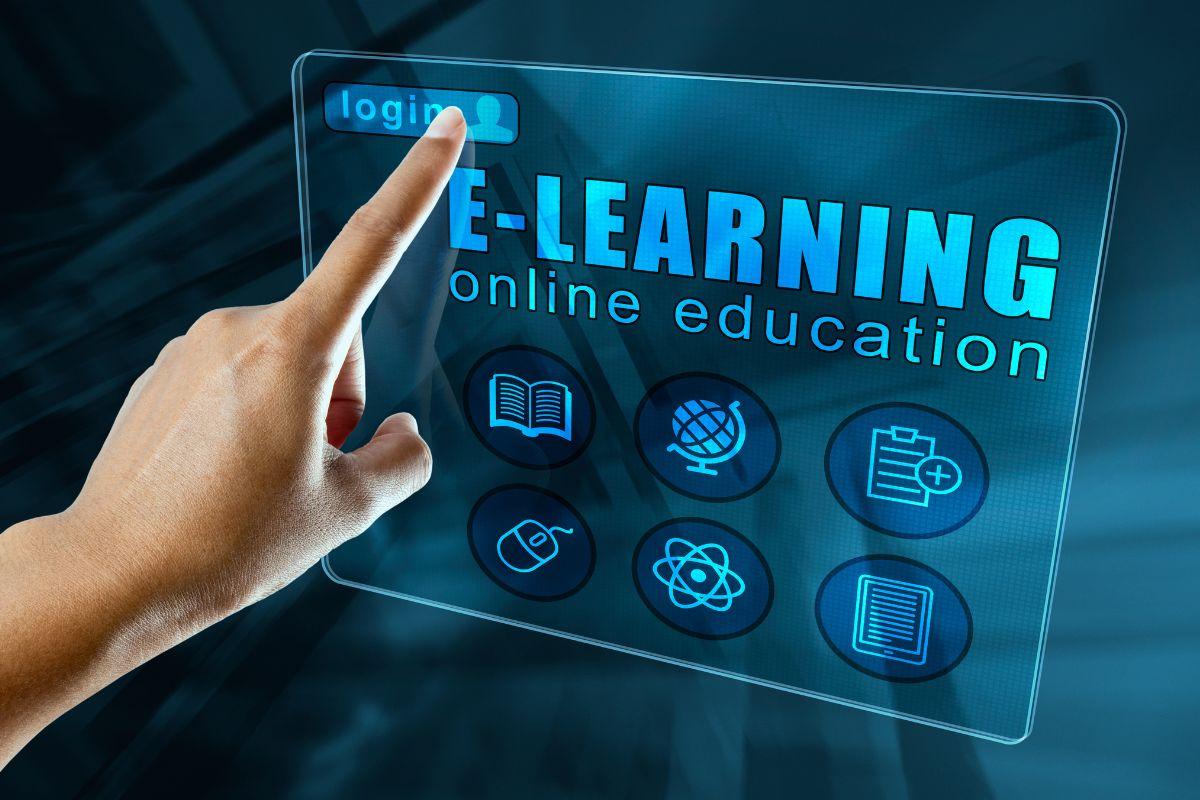Top Skills Every E-Learning Developer Needs in 2024: A Comprehensive Guide
Introduction
As teh education sector continues to embrace digital transformation, the demand for skilled e-learning developers is at an all-time high. For job seekers aiming to work at universities, colleges, or schools in education technology roles, understanding the critical skills required in 2024 can be a game-changer. Whether you’re an aspiring instructional designer, a multimedia specialist, or a tech-savvy educator, this guide breaks down the must-have skills every e-learning developer should possess. Equip yourself with this knowledge to unlock rewarding opportunities and make a significant impact in education.
What Does an E-Learning Developer Do?
E-learning developers design, create, and implement digital learning solutions for educational institutions. Thay blend pedagogy, technology, and creativity to craft engaging online courses and training materials that cater to modern learners. Their work includes developing interactive content, maintaining learning Management Systems (LMS), collaborating with educators, and ensuring course accessibility and effectiveness.
Why E-Learning Skills Are Crucial in 2024
The rapid evolution of educational technology,amplified by global shifts towards remote and hybrid learning,means e-learning advancement is more dynamic than ever. Universities, colleges, and schools depend on professionals who can create immersive, flexible, and inclusive online learning experiences. Mastering the top e-learning developer skills ensures you are ready to meet these demands and build a standout career in EdTech.
Top Skills Every E-Learning Developer Needs in 2024
1.Instructional Design Expertise
- Understanding of learning theories (e.g., Bloom’s Taxonomy, ADDIE model)
- Ability to design curricula tailored to diverse audiences
- Experience with storyboarding, content mapping, and assessment creation
2. Proficiency with E-Learning Authoring Tools
- Hands-on experience with tools like Articulate Storyline, Adobe Captivate, and Lectora
- Ability to design visually appealing, interactive modules
- Familiarity with rapid content development and SCORM/xAPI standards
3. Learning Management System (LMS) Administration
- Knowledge of LMS platforms such as Moodle, Blackboard, Canvas, or Schoology
- Skills in course setup, user management, analytics, and reporting
- Understanding of data privacy and security standards for educational data
4. Multimedia and Graphic Design Abilities
- competence in graphic design software (Adobe Photoshop, Illustrator)
- Video editing and animation skills for creating engaging content
- Audio editing for narration and interactive elements
5. Coding and Technical Skills
- Basic knowledge of HTML5,CSS3,and JavaScript for customizing e-learning content
- Familiarity with platforms for immersive learning (e.g., AR/VR tools, Unity)
- Ability to troubleshoot technical issues and optimize course performance
6. Accessibility and Inclusivity in Education
- Knowledge of WCAG and Section 508 guidelines for accessible content
- Experience designing courses for learners with disabilities
- Implementation of closed captions, alt-text, and text-to-speech features
7. Project Management and Collaboration
- Familiarity with Agile, SCRUM, or similar project management methodologies
- Strong interaction for collaborating with faculty, subject matter experts, and stakeholders
- Effective time management and multitasking to meet project deadlines
8. Data Analysis and Learning Analytics
- Ability to interpret learner analytics to assess course effectiveness
- Use of data to inform continuous course betterment
- experience with educational data dashboards and reporting tools
9. Continuous Learning and Adaptability
- Keeping up-to-date with emerging EdTech trends and innovations
- willingness to learn new tools, methodologies, and pedagogies
- Resilience to adapt quickly to new technologies and institutional requirements
Benefits of Developing E-Learning Skills
- Career Growth: High demand for e-learning professionals with competitive salaries
- Job Flexibility: Opportunities in remote, hybrid, and freelance roles
- Making an Impact: Contribute to inclusive, accessible, and effective education for all learners
- Transferable Skills: Skills are applicable in various educational settings and industries
- Creative Expression: blend technology and creativity to design engaging learning experiences
Practical Tips for Aspiring E-learning Developers
-
Build a Diverse Portfolio:
Document and showcase your instructional designs, multimedia samples, and LMS projects to potential employers.
-
Engage in Continuous Professional Development:
Attend workshops, webinars, or complete online certifications in instructional design and e-learning authoring tools.
-
Network with EdTech Professionals:
Join education technology groups,forums,or local meetups to exchange knowledge and job opportunities.
-
Stay Updated on Trends:
Follow leading EdTech blogs, podcasts, and publications to keep ahead of emerging technologies and methodologies.
-
Seek Constructive Feedback:
Collaborate with educators and learners to refine your designs based on practical input.
-
Practice Problem-Solving:
Tackle real-world challenges by creating solutions for learning accessibility, engagement, and assessment.
Conclusion
The future of education technology is evolving rapidly, and job seekers aiming to become e-learning developers must be equipped with a diverse skill set. By mastering instructional design, authoring tools, LMS management, multimedia production, accessibility, data analytics, and adaptability, aspiring professionals can position themselves for success in universities, colleges, and schools. Investing in these e-learning developer skills not only enhances your employability in 2024 and beyond but also empowers you to make a meaningful difference in the world of education. Start building your skills today and become a catalyst for digital learning innovation!

